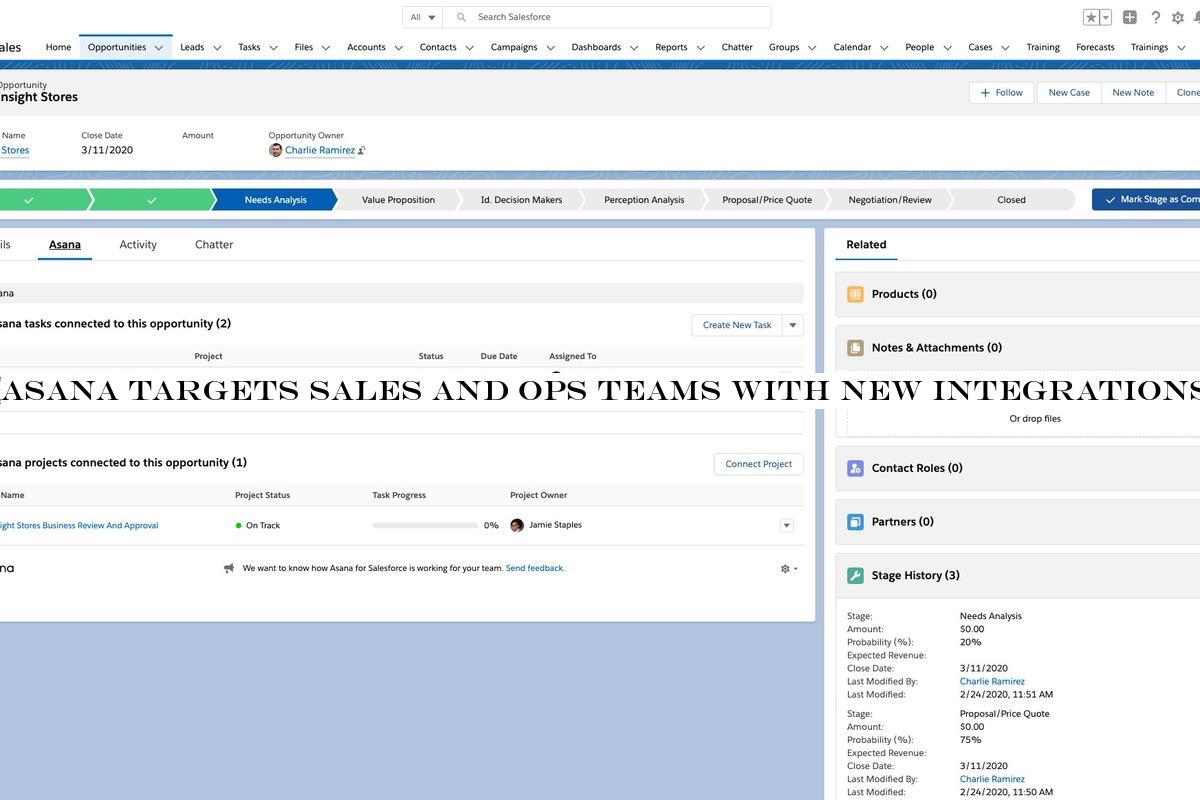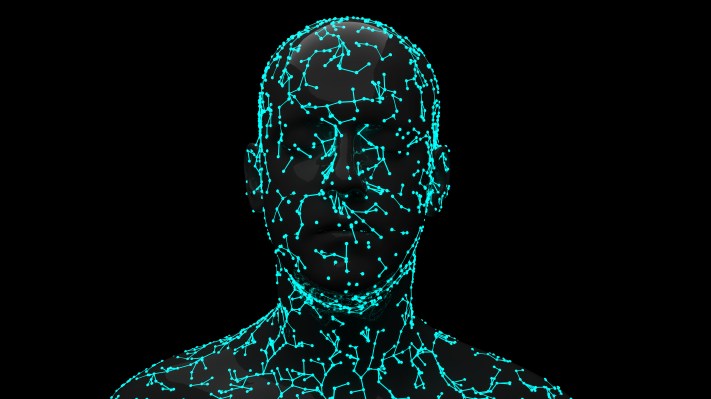Music
Trailers
DailyVideos
India
Pakistan
Afghanistan
Bangladesh
Srilanka
Nepal
Thailand
Iraq
Iran
Russia
Brazil
StockMarket
Business
CryptoCurrency
Technology
Startup
Trending Videos
Coupons
Football
Search
Download App in Playstore
Download App
Best Collections
Technology

I don't know about you, but I spend a shockingly high amount of my life staring at the Google Docs interface.
Docs is where I write all of my columns and articles along with other assorted musings. And by and large, it's an ideal environment for me to transfer thoughts from my noggin onto the screen: It's fully featured enough to do everything I want and yet simple enough to be easy to use. And, of course, all of my work is constantly saved, instantly available on my phone (or any other device I happen to be using), and automatically connected to the rest of the Google ecosystem in some pretty helpful ways.
Still, I can't help but feel the occasional tinge of envy when I see people talking about their super-minimalist, distraction-free writing apps — those canvas-like surfaces for scribbling words in a serene setting, with an eye-pleasing color scheme and no on-screen commands to steal away focus. Whenever I see one of those interfaces and then go back to Docs, I'm suddenly all too aware of the fact that I'm working in an overly sterile word processor instead of the spa-like oasis of a writing app.
To read this article in full, please click here
- Details
- Category: Technology Today
Read more: Give Google Docs a distraction-free upgrade
Write comment (91 Comments)
Once upon a time, the Internet was amazing, enabling niche interests and connecting people. AppleiMac was the epitome of the era, while the iPhone became the prophet of change.
Now, the home is the next connected frontier, and one that should be as secure & as much as possible & as the office. That's especially true given recent trends toward more remote work from home, where corporate data can be endangered by weak security.
What is HomeKit-secured and why should you use it?
These days hackers break into home networks using our routers and smart home devices, which is why everyone must learn how to use HomeKit-secured routers to keep their connected homes safe.
To read this article in full, please click here
- Details
- Category: Technology Today
Read more: How and why you need HomeKit-secured smart homes
Write comment (100 Comments)
Asana has tailored its app to be more useful to sales and operations workers with workflow templates and new third-party application integrations, including Salesforce and Jira Cloud.
The work management software vendor launched its first offering aimed at a specific job role last year with Asana for Marketing. The list of options for individual business units grew today with the addition of Asana Operations and Asana Sales.
Asana for Operations lets users access Asanagallery of workflow templates or create their own custom versions to standardize processes such as vendor and employee onboarding and management.
To read this article in full, please click here
- Details
- Category: Technology Today
Read more: Asana targets sales and ops teams with new integrations
Write comment (97 Comments)
When you think about your smartphone, apps and interfaces are probably the first things that come to mind. Beneath all that surface-level stuff, though, our modern mobile devices are filled with files — folders upon folders of 'em! — just like the clunky ol' computers we've relied upon for ages.
We may not come face to face with our phones' file systems too often, but it's valuable to know they're there — and to know how they can work for us when the need arises. After all, your Android device is a productivity powerhouse. It can juggle everything from PDFs and PSDs to presentations and podcasts. It can even act as a portable hard drive and house any sort of important files you might need in your pocket (and not just on some far-away cloud). Your mobile device can carry an awful lot of data, and there may come a time when you want to dig in and deal directly with it.
To read this article in full, please click here
- Details
- Category: Technology Today
Read more: Android file management: An easy-to-follow guide
Write comment (91 Comments)
To read this article in full, please click here
- Details
- Category: Technology Today
Read more: GoDaddy Websites + Marketing is perfect for new brands looking to get online.
Write comment (100 Comments)
After claiming that it would only sell its controversial facial recognition software to law enforcement agencies, a new report suggests that Clearview AI is less than discerning about its client base. According to BuzzFeed News, the small, secretive company looks to have shopped its technology far and wide. While Clearview counts ICE, the U.S. AttorneyOffice for the Southern District of New York and the retail giant Macyamong its paying customers, many more private companies are testing the technology through 30-day free trials. Non-law enforcement entities that appeared on Clearviewclient list include Walmart, Eventbrite, the NBA, Coinbase, Equinox and many others.
According to the report, even if a company or organization has no formal relationship with Clearview, its individual employees might be testing the software. &In some cases… officials at a number of those places initially had no idea their employees were using the software or denied ever trying the facial recognition tool,& BuzzFeed News reports.
In one example, the NYPD denied a relationship with Clearview, even as as many as 30 officers within the department conducted 11,000 searches through the software, according to internal logs.
A week ago, ClearviewCEO Hoan Ton-That was quoted on Fox Business stating that his companytechnology is &strictly for law enforcement& — a claim the companybudding client list appears to contradict.
&This list, if confirmed, is a privacy, security, and civil liberties nightmare,& ACLU staff attorney Nathan Freed Wessler said of the revelations. &Government agents should not be running our faces against a shadily assembled database of billions of our photos in secret and with no safeguards against abuse.&
On top of its reputation as an invasive technology, critics argue that facial recognition tech isn&t accurate enough to be used in the high-consequence settings itoften touted for. Facial recognition software has notoriously struggled to accurately identify non-white, non-male faces, a phenomenon that undergirds arguments that biased data has the potential to create devastating real-world consequences.
Little is known about the technology that powers Clearviewown algorithms and accuracy beyond that the company scrapes public images from many online sources, aggregates that data and allows users to search it for matches. In light of Clearviewreliance on photos from social networks, Facebook, YouTube and Twitter have all issued the company cease-and-desist letters for violating their terms of use.
Clearviewsmall pool of early investors includes the private equity firm Kirenaga Partners and famed investor and influential tech conservative Peter Thiel. Thiel, who sits on the board of Facebook, also co-founded Palantir, a data analytics company thatbecome a favorite of law enforcement.
- Details
- Category: Technology Today
Page 1371 of 1441

 8
8





